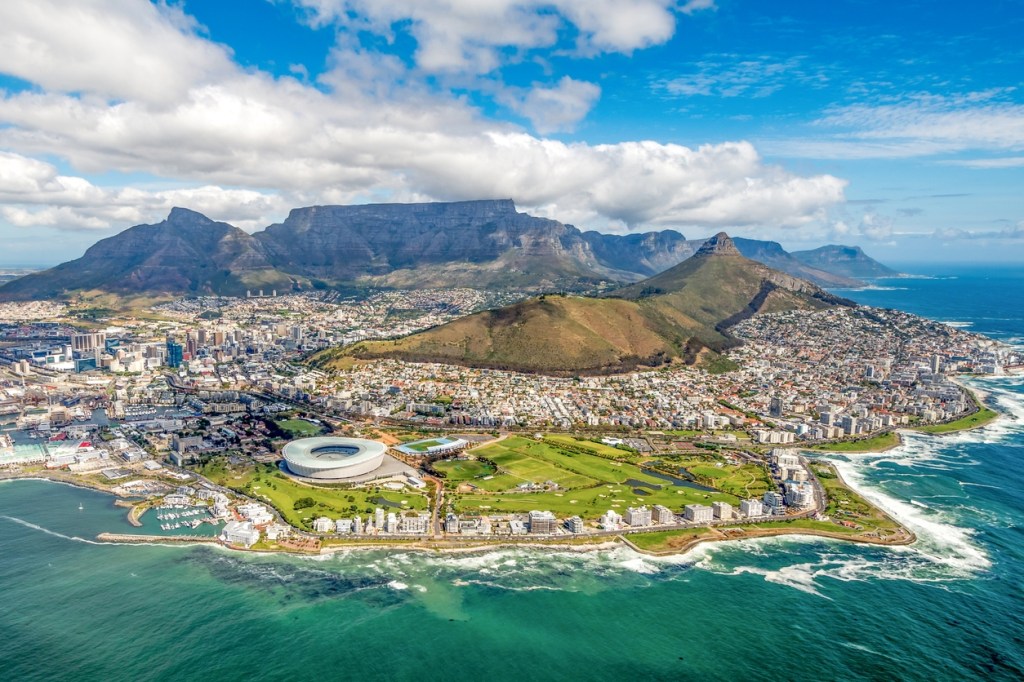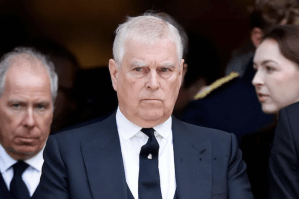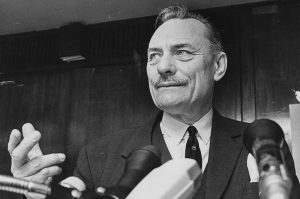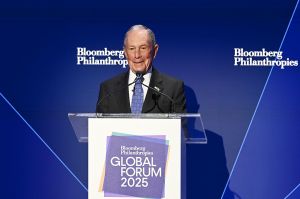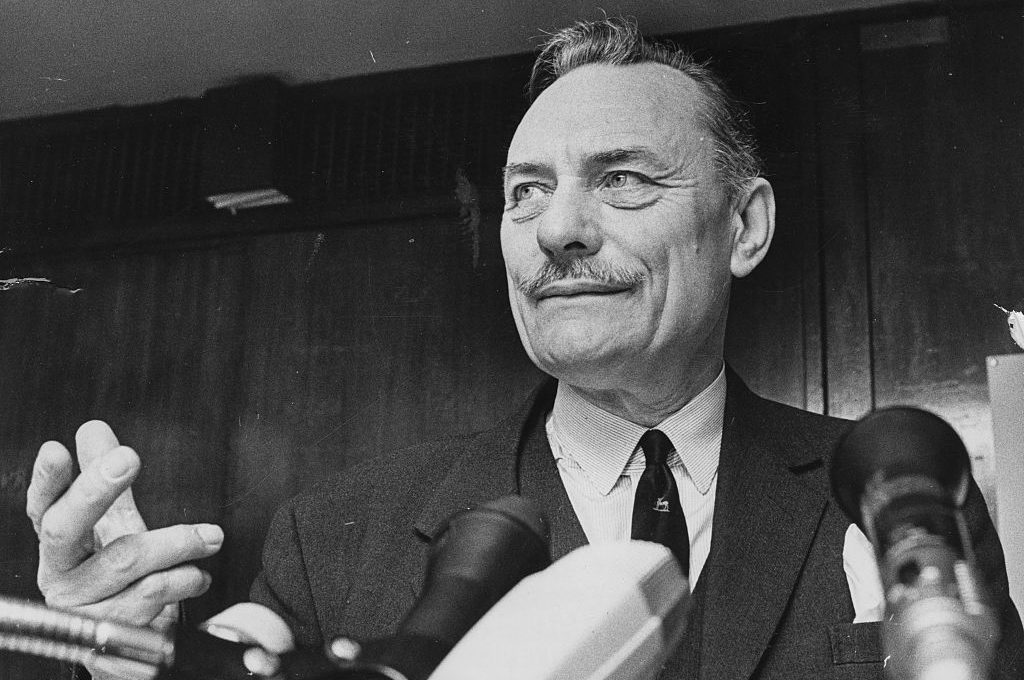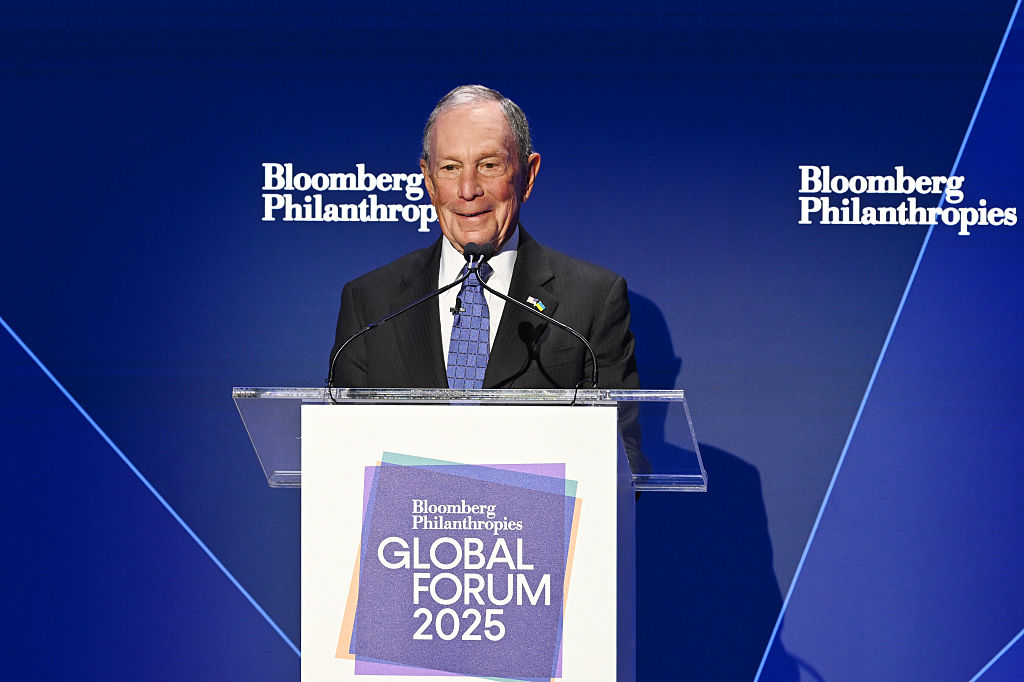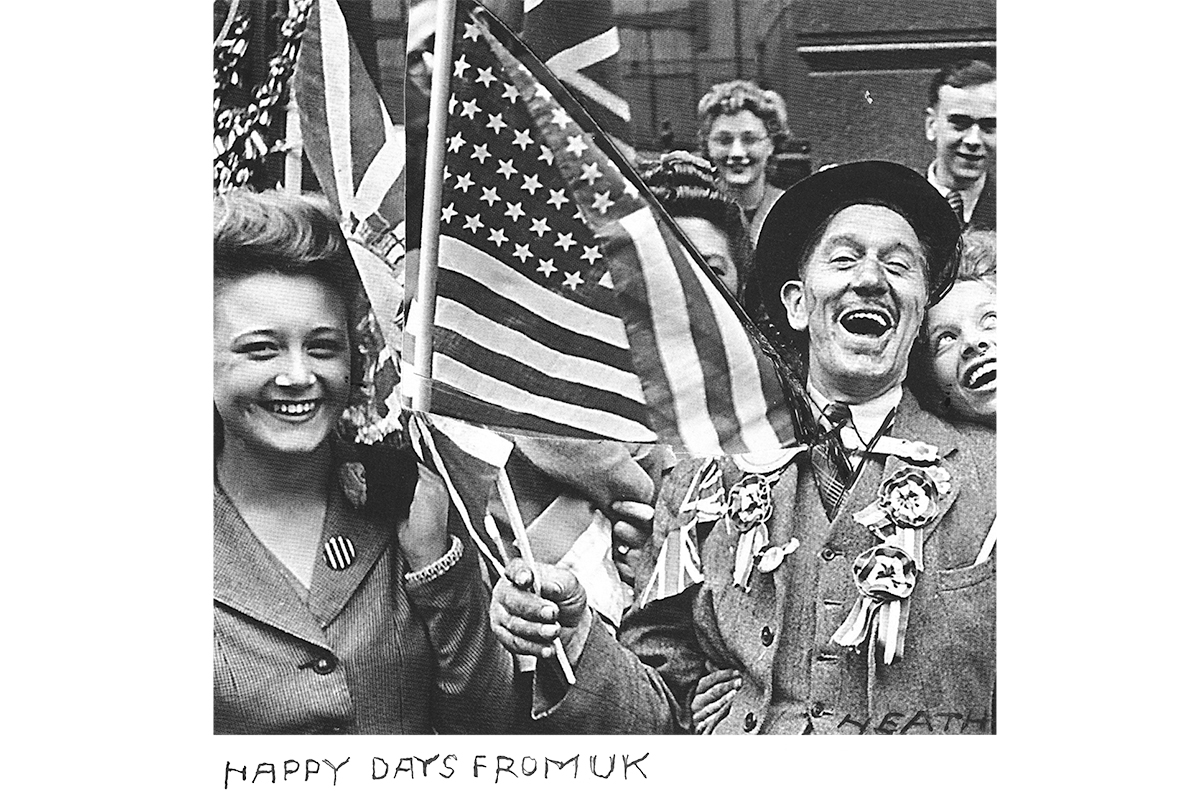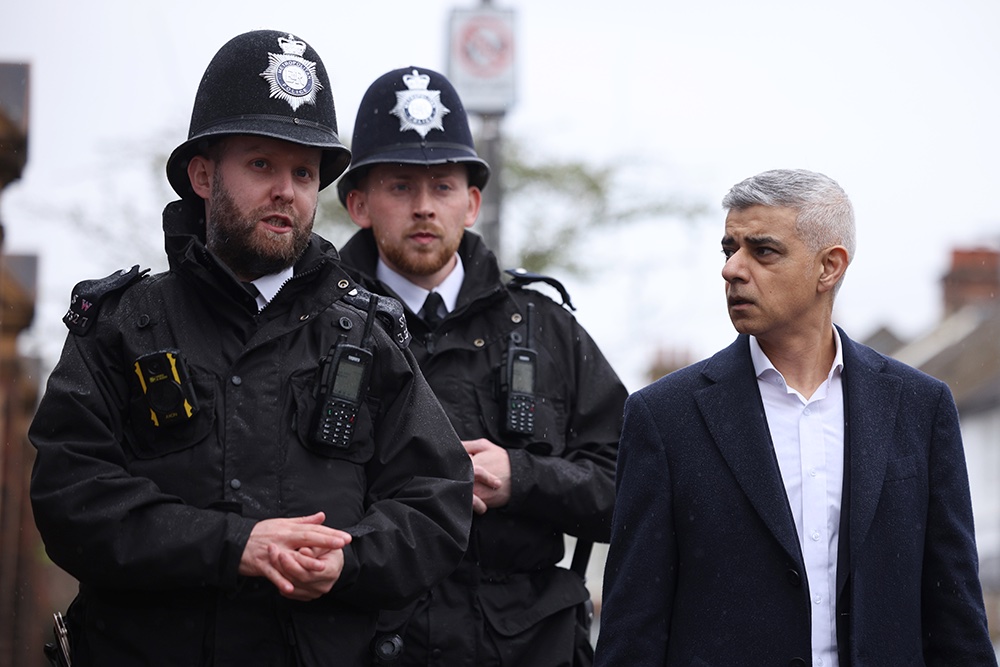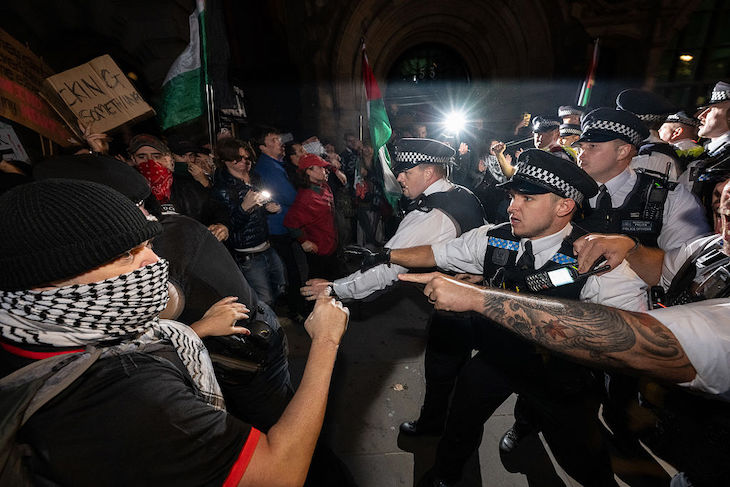A few days ago, the results of a poll conducted in the Western Cape by Victory Research — one of South Africa’s most respected polling organizations — were released. They delivered quite a shock. Like recent Scottish opinion polls, they showed a small majority for independence among supporters of the Democratic Alliance (DA), now in its third straight term as the governing party of the Western Cape (South Africa’s other eight provinces are ruled by the ANC). The party will come under increasing pressure to hold a referendum on secession from the rest of South Africa.
According to the polling, around two-thirds of the Western Cape’s DA supporters also want a referendum on the issue, while almost three quarters of the Cape’s inhabitants, irrespective of political affiliation, think South Africa is going in the wrong direction and believe that ethnic minority groups (including coloreds and whites) are treated unfairly. It’s not hard to imagine that if there was widespread debate and an actual referendum there would be a clear majority for secession.
For the great majority of its existence as a cultural and ethnic entity the Cape has been distinct from the rest of South Africa, a country yoked together by the British in 1910. South Africa — like so many countries created by bureaucrats with a map and a marker — is far less organic and natural a composition than some of its constituent parts. Similar noises about independence are being made in the Zulu Nation (Natal).
The Western Cape’s linguistic, cultural, ethnic and ideological divergences reinforce the argument for independence. Most of the Cape’s adult population consider themselves capitalist. In the rest of South Africa, three quarters favor a socialist model. Most of the Cape’s five million people are Afrikaans or English speaking — a figure which drops to one in six in the rest of the country. The lie that the call for independence is set by a white ‘racist’ agenda is contradicted by the fact that whites account for only 16 percent of the population in the Cape. A third are black and about half are colored (i.e. multiracial and native to South Africa). Many fear an ANC government they see as racist to the core which prejudices them as a matter of policy. If secession occurs it will be because of colored, not white, support.
As with Scotland, one of the catalysts for independence has been dismay at the national government’s handling of the COVID-19 crisis. The ANC is seen to have been corrupt and inept, with scandals surrounding the misappropriation of international coronavirus relief funds. The wider fear is that South Africa will go the same way as Zimbabwe, with calamitous consequences for blacks, coloreds and whites.
In last year’s general election the ANC won a clear majority, but the party has very little support in the Cape. With only 29 percent of the vote, the ANC has been able to impose its will on the province. It has introduced ‘Black Economic Empowerment’ and ‘Affirmative Action,’ policies which are aimed at increasing the number of black people in certain businesses, but which ignore provincial demographics. This means that colored people in the Western Cape — who make up around half the region’s population, but only 9 percent nationally — are discriminated against. If the ANC’s affirmative action aspirations were fully implemented in Scotland, as a point of comparison, the arrangement would lead to 90 percent of jobs in Scotland being held by English people, as 90 percent of UK citizens are English. The case for independence in the Western Cape is simple for many people: it’s about checking abuse from an overweening central authority — as well as increasing disquiet with the realities of ANC governance: corruption, racial polarization, economic decline, crippling unemployment, rampant crime and the collapse of government services.
In recent local elections, a new party cropped up to meet this demand — a Cape version of the SNP — but which ended up only taking less than 1 percent of the vote. This was, to some, proof that secession had no traction. Bonginkosi Madikizela, a regional DA minister, described the Cape Independence party as ‘delusional’. But polls suggest that support for the idea is growing fast.
There is provision under the South African constitution for the divorce envisaged. The Western Cape’s Premier, Alan Winde of the DA, is entitled to call for a referendum, and in the event of a vote in its favor, to request it formally. It is then for the National Assembly to rule on the matter — but at that point the referendum result would be difficult to resist.
Liberated from a command economy, the Cape would be free to pursue its destiny, elect its own government and hold it to account. The prospects for the Western Cape, one of the most beautiful places on earth, would be good for a simple reason: it is one of the only areas of South Africa which functions effectively — precisely because it is not administered directly by the ANC.
Smaller nations such as South Korea and Singapore have set successful precedents and independence could dovetail with a narrative in play throughout the rest of the world: the realization that big is not beautiful; that globalization has failed; and that only localization can re-establish the connection between the government and the governed.
Naysayers should keep one word in mind: Brexit — a slap in the face to the forces of gigantism and centralization. In fact, Britain should have a role in Cape, since the current political geography was drawn up not in South Africa but at 10 Downing Street.
In practical terms what could Britain do to assist?
Most importantly it must apply pressure on the DA to call for a referendum. It is an open secret that many of the DA’s politicians privately support independence — they require encouragement from international quarters to declare their hand.
***
Get a digital subscription to The Spectator.
Try a month free, then just $3.99 a month
***
When faced with the inevitable response from the ANC that the issue is a racial one, our politicians can simply refer to the demographic realities described above.
In a speech delivered in 2011 Archbishop Tutu called it as it is: ‘we will pray as we prayed for the downfall of the Apartheid government. We will pray for the downfall of a government that misrepresents us. You have got a huge majority. That’s nothing. The Nationalists had a huge majority that was increasing. They bit the dust. Watch out, ANC government. Watch out.’
And so it is time for rock stars to be brave. To oppose apartheid while being photographed embracing Nelson Mandela is easy. To oppose the ANC: less so. Bono and company must gird their loins, recognize that the dream of 1994 is unraveling and defend the idea of an independent Western Cape.
This article was originally published on The Spectator’s UK website.



